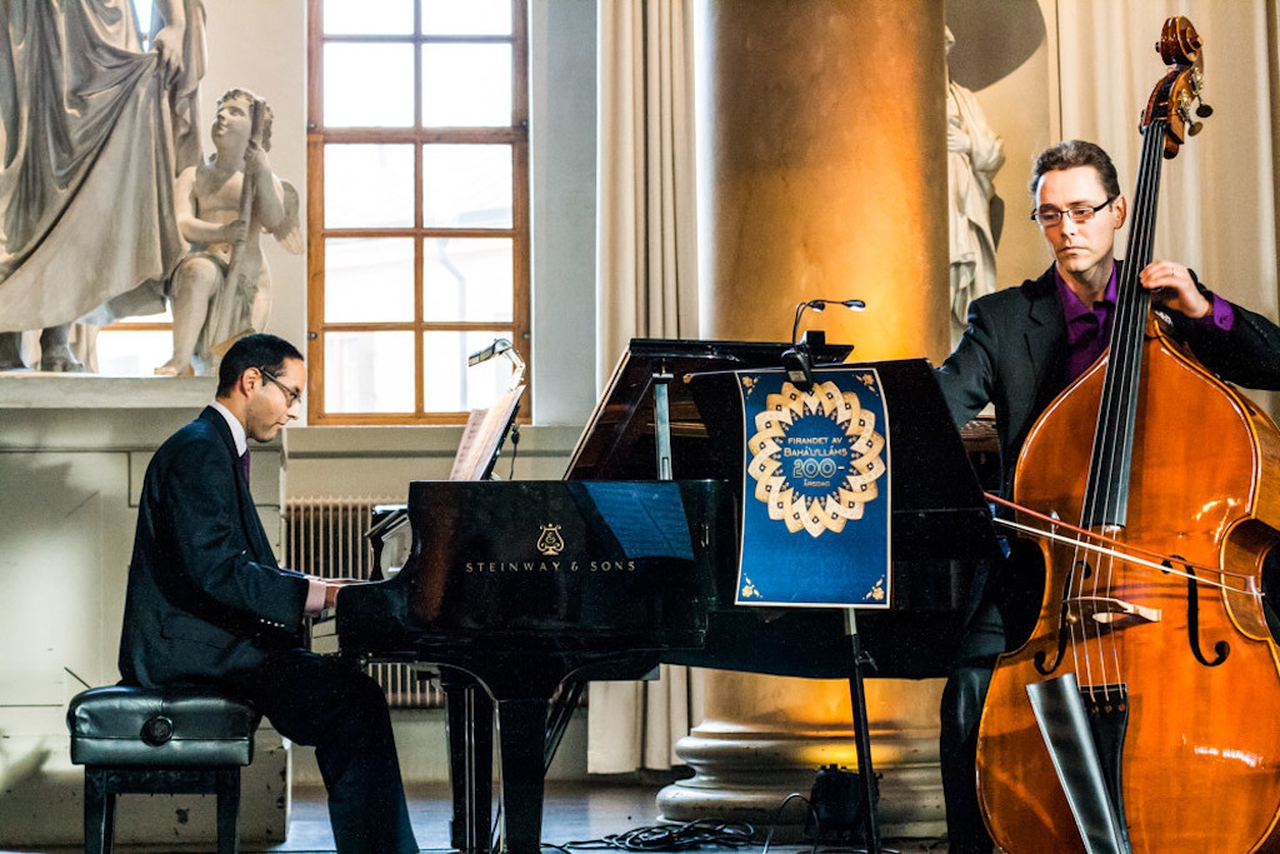The Bahá’í Faith, a global religion founded in the 19th century, resonates deeply with the fabric of contemporary society, presenting a unique spiritual framework intended to illuminate the human experience. One of the pivotal observances within this faith is the celebration of the birth of Bahá’u’lláh, the prophet-founder of the Bahá’í Faith. This occasion, observed annually with profound reverence, serves as both a memorial and a moment of reflection, encouraging followers to contemplate the transformative power of Bahá’u’lláh’s teachings. In the contemporary world, marked by profound complexities and challenges, the essence of this celebration emerges as a beacon of hope and enlightenment for those navigating the shadows of despair.
The significance of Bahá’u’lláh’s birth transcends mere historical commemoration; it invites Bahá’ís and observers alike to engage in a deeper exploration of the core tenets of the faith. Essential to this understanding is the recognition of Bahá’u’lláh as a Manifestation of God, whose mission was to establish a universal framework for peace and unity among humanity. In essence, Bahá’u’lláh articulated the necessity of harmony among people of diverse backgrounds, emphasizing the oneness of the human race—a doctrine that addresses a common observation of societal fragmentation in the modern world.
Celebrating Bahá’u’lláh’s birth also embodies an opportunity for spiritual renewal. Observances typically include communal gatherings, joyful feasts, and artistic expressions that reflect themes of unity and love. These celebrations not only reaffirm the centrality of Bahá’u’lláh’s message but also encourage a revival of the human spirit—a beacon, indeed, for those who might feel engulfed by the vicissitudes of life. The vibrant festivities, characterized by shared prayers and reflections, serve as a powerful reminder of the collective strength found in community and faith.
Furthermore, one cannot overlook the profound symbolism of light associated with Bahá’u’lláh’s birth. In many religious traditions, light is synonymous with knowledge, truth, and divine presence. Thus, the celebration of His birth is richly interwoven with the metaphor of light illuminating the darkness. In a world rife with conflict, disillusionment, and ethical dilemmas, the teachings of Bahá’u’lláh provide crucial guidance, showcasing that even amidst adversity, there exists a path towards enlightenment and tranquility.
This commemoration is not merely a passive observation but an active engagement that beckons adherents to embody the ideals espoused by Bahá’u’lláh. His writings, though often regarded as a compendium of spiritual wisdom, can also be perceived as a roadmap for addressing profound societal issues such as inequality, prejudice, and division. Within these texts, followers find both a narrative and a call to action—urging them to eschew ignorance and champion justice in all its forms. The call for social action resonates particularly strongly on this day, aligning the spirit of the celebration with efforts aimed at improving the human condition.
In a world increasingly characterized by individualism, the Bahá’í teachings promote the notion of collective advancement. This is encapsulated in the transformative ideal of “consultation,” a practice instituted by Bahá’u’lláh that invites individuals to engage in constructive dialogue rather than contentious debate. This approach fosters a culture of cooperation and empathy, creating space for diverse voices to converge and synthesize new ideas—a critical consideration in times where polarizing perspectives dominate public discourse.
Moreover, the celebration of Bahá’u’lláh’s birth serves as a poignant reminder of the importance of moral and ethical resurgence. His teachings exhort followers to cultivate virtues such as compassion, generosity, and integrity, thereby transcending self-interest. Each year, as Bahá’ís commemorate this fundamental aspect of their faith, they are urged to reflect on their own moral compass, challenging themselves to align their actions with the higher ideals of service to humanity.
This nurturing of a spiritually-infused ethical framework is especially pertinent when examining issues such as environmental degradation and social injustice. Bahá’í teachings articulate a vision of sustainability that emphasizes a harmonious relationship with the natural world. As individuals gather to celebrate Bahá’u’lláh, they are called to reconsider their responsibilities towards the environment, adopting a posture of stewardship rather than exploitation.
Ultimately, the celebration of Bahá’u’lláh’s birth encapsulates a profound fusion of historical reverence and contemporary relevance. It addresses the pressing and perennial human quest for meaning, purpose, and connection. By reflecting on Bahá’u’lláh’s life and teachings, individuals are encouraged to step beyond the confines of their immediate realities and engage with broader spiritual truths. The resultant illumination provides not only personal solace but also serves as a clarion call for collective action toward establishing a just and peaceful society.
As the observance concludes, Bahá’ís are left with a renewed sense of purpose, an invigorated commitment to embody the principles championed by Bahá’u’lláh, and an unwavering belief in the potential for transformation. This enduring legacy is a testament to the capacity of spiritual teachings to inspire and uplift the human spirit, serving as a systematic light for a darkened world—encouraging all to manifest the virtues that foster unity, compassion, and understanding.
